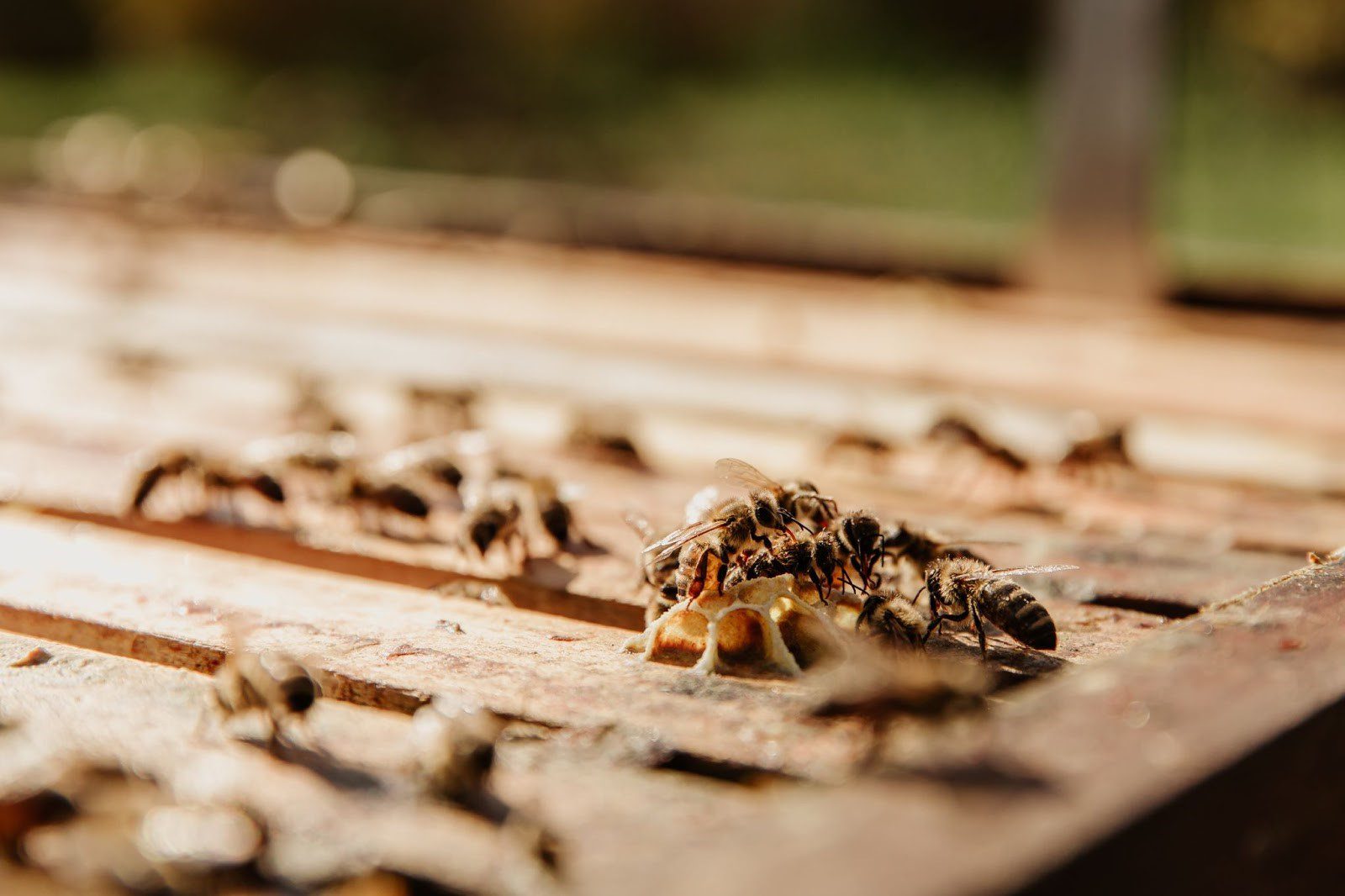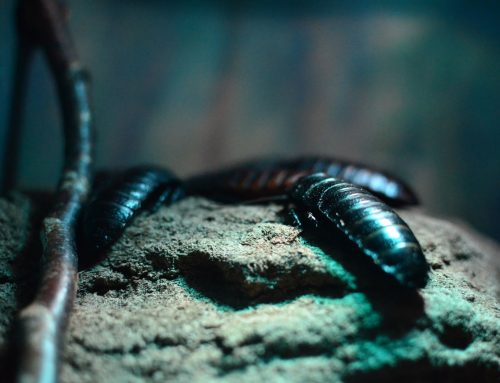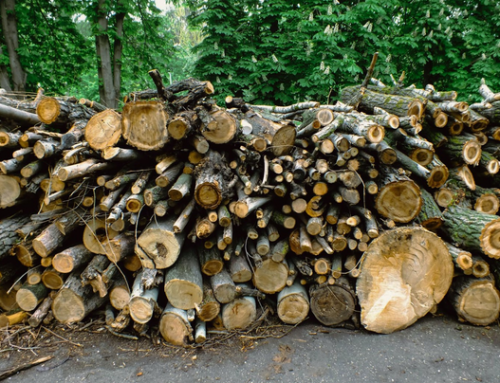Termite barriers are among the most expensive forms of pest control. And this stands to reason, as termites are the most dangerous pests in Australia. They are capable of bringing down an entire structure within three months.
Let’s take a look at how the termite barrier works, the different types, and the standard prices for the various kinds of termite barriers in Newcastle. We’re also going to investigate which factors affect the cost of termite barriers and how you can achieve maximum safety so get rid of those mites once and for all.
Generally, you can expect to pay between $2,000 – $4,000 for a termite barrier. The cost will be primarily influenced by the type of barrier and the total size.
Wait a minute – what’s a termite barrier?
Before we delve into the details of price, let’s get clear on what the termite barrier actually is. The termite barrier is usually not a physical barrier. It is a trench around the perimeter of your home where a chemical repellent is placed.
Termites that cross this zone ingest the substance and pass it to other termites, eliminating the entire colony. There are different brands and different kinds of chemical agents, though Termidor is one of the most popular.
This is the most common kind of termite barrier, known as a chemical barrier. The three other major kinds of termite barriers include:
- Reticulation termite barrier – This is a newer and more cost-effective option. A pipe is placed at the bottom of the trench. Tiny holes in this pipe spray out the chemical repellent. Refill points at given intervals make it easy to refill. This is a subset of the chemical barrier.
- Termite baiting – Every three metres, termite bait is placed that has an attractant inside. The bait is usually a round cylinder with a substance inside that mimics the action of decaying timber to attract the termites. The bait needs to be replaced frequently.
- Physical barriers – These are new to the market. All new homes must have these. This method uses hard collars for pipes to deny termites entry. In addition, a physical blanket is placed outside the perimeter that shows the termites as they cross over. These physical barriers are placed in tandem with chemical barriers for maximum effect.
A termite barrier is not the same as termite treatment. Termite treatment is a spray used to eliminate an existing colony. The termite barrier is a preventative measure that ensures no colony ever invades in the first place. The termite barrier is far more expensive as it represents a structural change around your home.
The average termite barrier cost in Newcastle
As mentioned earlier, you can expect to pay between $2,000-$4,000 for a termite barrier in Newcastle. This would be for either the chemical or chemical reticulation system. The cost for termite treatment will range from $300-$500 if you have an existing infestation.
The termite barrier refill cost depends on the type of termite barrier. For instance, termite baiting systems cost the same to install, but there is additional maintenance that costs roughly $800 per year. This is due to the refills. Termite reticulation systems will only need to be refilled every 3 to 5 years. The final termite barrier refill cost will depend on the type of chemical agent used.
In terms of termite barriers, the cost can be reduced if you use a ‘repellent’ chemical agent as opposed to a ‘non-repellent’ chemical agent. A repellent solution means that the termites won’t go near it. A non-repellent means that the termites will ingest it and will carry it back to the colony. While the repellent is cheaper, it is also less effective.
Generally, chemical systems are more effective and more economical in the long run. The term chemical is actually a little misleading. It involves digging a physical trench and then saturating the soil with a chemical solution.
Factors affecting the termite barrier cost
There are a number of factors that determine the cost of termite barriers in Newcastle. Some of these include the following:
- Quality of provider – Better providers will usually charge more. These are providers that have been in business for long periods of time and offer strong warranties on all services. But be sure to do your research, since sometimes inferior providers will charge more to appear more reputable!
- Size of home – The larger your home, the more solution will be needed and more labour required to create the trench.
- Type of chemical agent – The termite chemical agent is not cheap. For example, if you select a non-repellent solution over a repellent solution, you will pay around $500 more for the termite barrier. One reason for this is that non-repellent solutions are far more effective.
- Type of barrier – Some barriers are more expensive. Termite baiting is usually more expensive and requires more maintenance than the standard barrier, but it is appropriate in certain instances. Termite baiting is useful for those with fears of using chemicals around the house and who want to preserve the environment.
Tackling termites: other options
There is no real alternative to the termite barrier. Given that they are officially the most damaging pest in Australia, you need to get a termite barrier. However, there are most certainly things you can do to enhance the termite barrier and keep out termites as well as other pests.
Seal all areas and reduce contact with soil as much as possible. Don’t stack piles of wood next to your walls, and keep trees and other forms of vegetation separate from your home. All open areas should be sealed, and you might want to avail of a pest inspection where you can identify any exposed areas where invaders can get in. If your wood is sound and your home well insulated, then you should not have an issue.
Prevention is always the best cure. To specifically avoid a termite infestation, consider the following tips:
- Allow a few feet between shrubs or vegetation and your home.
- Control moisture and make sure there is no dampness. While there are different kinds of termites, damp wood is what attracts the most destructive species.
- Regularly inspect wood products or furniture. Termites will often show up if you pay attention.
- Inspect the lawn and garden frequently. Termites have pretty large colonies. You should be able to spot them around the house.
- When doing any kind of DIY project, spray the wood with termite-resistant chemicals where possible.
- Engage in regular termite and pest inspections to ensure your safety. Nothing beats a professional service.
Remember that termites are smart. If you find them, don’t disturb their activity. They will move to other areas of the house if disturbed. Call in the professionals as soon as possible instead.
Are termite barriers worth it?
Absolutely, and for many reasons. First, you are going to need to get one in order to sell your home. Second, an infestation can cost you in the tens of thousands of structural damage. Third, you will get a warranty and peace of mind from a licenced and qualified professional. Though it might be a little expensive, there is no other viable remedy, and termites are a pest that needs to be dealt with.
To really make termite barriers worth the money, you’ll need to work with a high-quality provider that understands the process. Quality of installation is everything. The chemical solution needs to be applied at every 10 litres every lineal metre and the drill holes must be no more than 200mm apart. Further, the installation must be conducted in accordance with Australian standards.
What is the cost of termite damage annually?
In Australia, the average repair bill for a house infested with termites is $7,000. That’s quite a large figure when you understand that a termite inspection can be conducted for as little as $200.
According to CSIRO, 32% of Australian homes have an infestation of some kind for a total of $1.3 billion in repair costs each year. Clearly, the termite barrier cost is minimal in comparison to the damage done by an infestation.
Do I need termite treatment every year?
It depends on the system. The physical termite barrier with blanket and hard collars will only need minor maintenance (if any). The chemical treatment will need a refill, but the termite barrier refill cost is very affordable with a reticulation system. It is only the upfront costs of installation that are the major issue.
You will, however, need to do a pest inspection every year to be safe. You can get a termite inspection coupled with a general household pest inspection so you know that your home is pest-free. This is simply good practice.
Termite barriers in Newcastle: why you need them
There is no question that termite barriers are a necessity in Newcastle. New South Wales is a high-risk termite zone. Your insurance policy will not cover damage caused by termites. The nests are underground and often located far away from your home. And a termite colony can destroy a structure within three months.
The bottom line is that Newcastle residents and citizens across Australia need to be proactive in light of the termite pandemic. Safe home design and termite barriers are the best solutions. This is a practical and sensible choice once you find the right termite specialist.
For the pinnacle of termite control, contact Hunter & Coast Pest Control. We are 5 Star rated from over 350 independent reviews on both Facebook and Google. We are licensed, insured, qualified, affordable, and professional. We have advanced termite detection equipment and operate seven days a week in Newcastle. We use the best chemical agents and have significant technical expertise in the installation process.
Call now on ?(02) 4956 3169 for a free quote.






